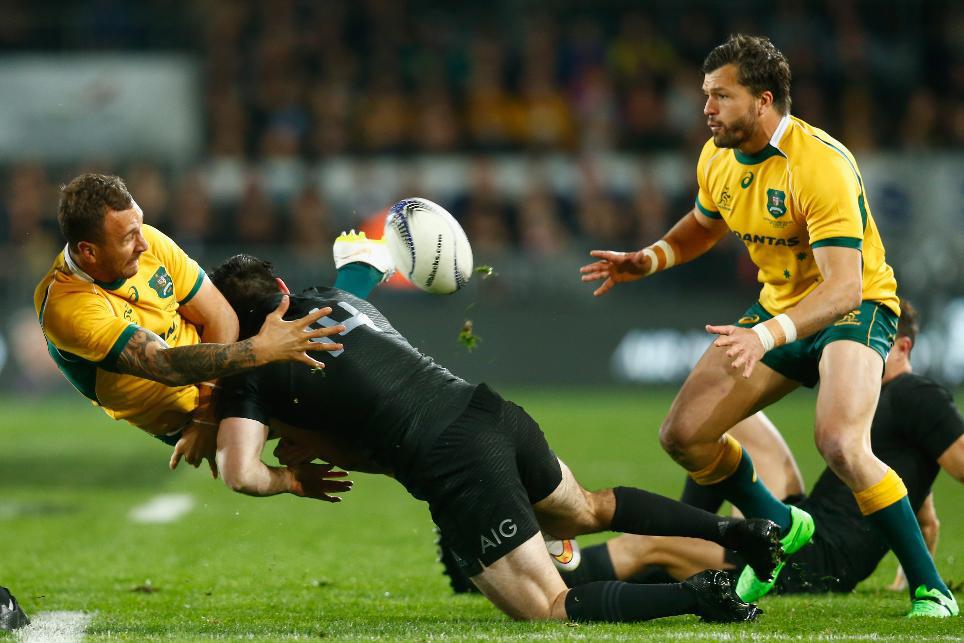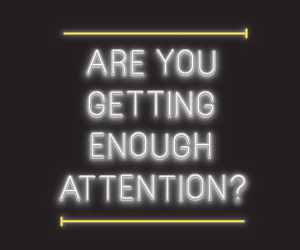With the final of the Rugby World Cup between Australia and New Zealand taking place tomorrow, Ireland’s exit from the tournament at the quarter final stages has had a significant impact on both brands and consumers according to the latest RWC Insider from Livewire, the Core Media-owned sponsorship and activations agency.
With the interest in the tournament dropping off, Livewire notes that “brands have seen a shift in consumer engagement levels away from the tournament, and are having to adapt their activation plans to engage the narrowing audience.”
Social Impact
According to Livewire, Ireland’s official hashtags #ShoulderToShoulder and #IRE have dropped out of the top 10 most used hashtags in Ireland for the first time. Despite being 19 characters long, #ShoulderToShoulder was the second most mentioned hashtag in Ireland during game weekends for the tournament so far, used in almost 10,000 tweets. The number of mentions of the official Rugby World Cup twitter account (@rugbyworldcup) has also dropped 65% since Ireland’s exit. This has resulted in a 63% decline in impressions across our screens this weekend compared to last.
Nigel Owens was the second most mentioned Twitter user last weekend when he was named as the referee who would take charge of the final between New Zealand and Australia on Saturday. The popular referee has overseen a combined 162 Challenge Cup, Heineken Cup (ERCC) and Test Match games.
TV Impact
According to Livewire, “the growing trend away from linear TV has seen 900,000 streams on 3 Player before the weekend’s final matches; representing a 3400% increase in streams from August. In addition, the live streaming 3 Player app was downloaded over 80,000 times since the start of the tournament.
Ireland vs UK
Livewire also notes that the most watched match in the UK to date was the crucial pool game between England and Wales. Broadcast on ITV, the match drew in an average 6.07 million viewers accounting for 25% of the available TV audience. This pales in comparison to the 73% of the available Irish TV audience who tuned in to watch Ireland beat France.
Loss of Interest
“There was a 30% decline in the average viewership between the game against Argentina and the semi-final weekend; clearly indicating a loss of interest in the tournament by some Irish fans. With no Northern Hemisphere teams left in the tournament the semi-final games reached an average of 488k viewers. In comparison, Australia v Scotland was watched by an average audience of 603k,” according to the RWC Insider. Fan Impact
The agency also noted that “last weekend the male / female ratio of global Twitter users tweeting about rugby reverted back to the average of 65% male – 35% female split. However, females tweeted more prevalently in relation to individual players, and in particular Dan Carter, than male users. On the other hand, male users were more interested in the event itself: the day of the semi-finals, the watching experience and the teams involved.”
Online Impact
“Up until this weekend Heineken, a RWC Worldwide Partner, enjoyed an 11% increase in Google search traffic compared to the 30 days leading into the competition. In fact, while the Irish team was still in the tournament, the brand had a 17% increase in Google search traffic, however this reduced by 30% after defeat to Argentina,” according to the RWC Insider.
Similarly DHL saw increased search traffic of 9% while Ireland were in the tournament compared to the 30 days before the opening game between England and Fiji. This has dropped by 14% since Ireland’s exit as less Irish consumers are now exposed to the RWC. Activation Impact
RWC Insider research has found that 39% of Irish fans believe that corporate sponsorship has had a positive effect on the tournament. The money invested by sponsors for the right to associate with either the Irish team or the Rugby World Cup serves to create an opportunity to engage rugby fans. The trick is maximising this opportunity with an activation strategy that connects with consumers.
“Despite historically spending very little on marketing in Ireland compared to other car brands, Land Rover has predominantly used TV to activate its Worldwide Partner status in this market. The brand’s €450k sponsorship of TV3’s coverage of the competition – has equated to €9,375 per live game. Land Rover’s objective for its “We Deal in Real” campaign is to associate itself with the grassroots of rugby and the pure values of the sport. It seems to have worked; over six times as many Irish consumers believe that Land Rover’s sponsorship has had a more positive than negative impact on the tournament,” notes the RWC Insider.






















